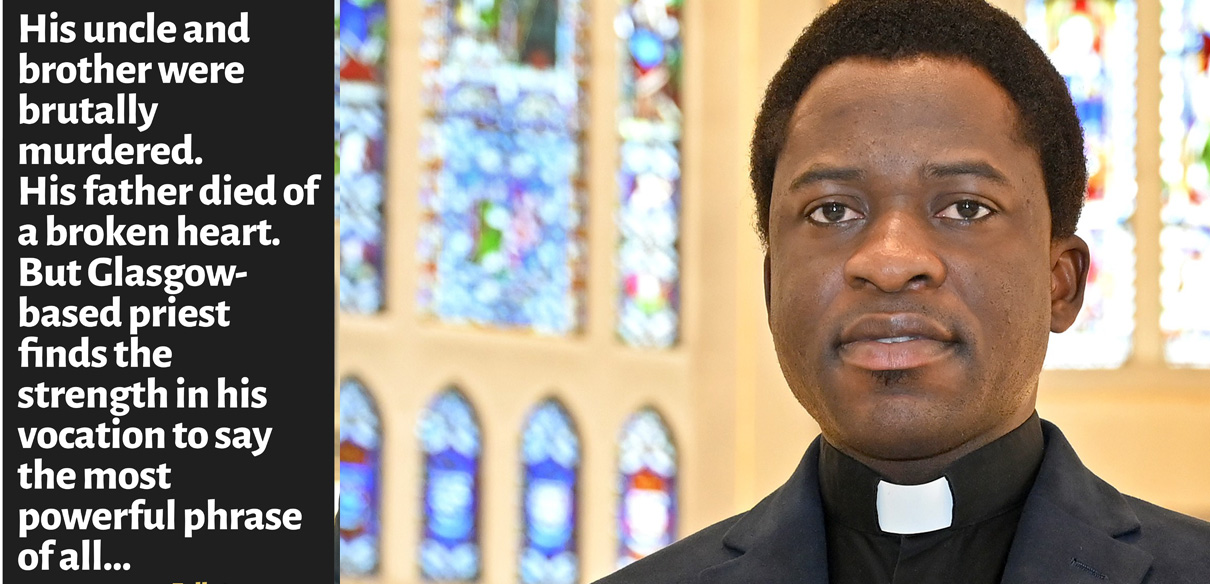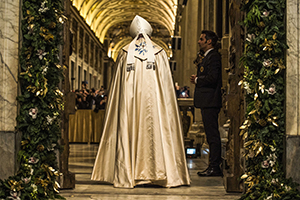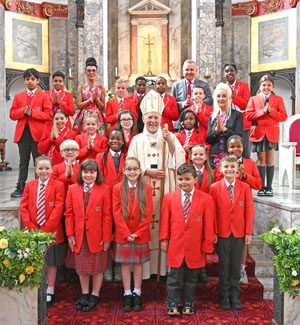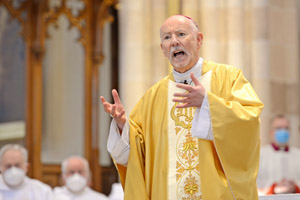
Official Journal of the Archdiocese of Glasgow
February 2024

Holy Year

Pope Francis has declared open a ‘Year of Prayer’ to prepare for the Holy Year 2025 which will open on Christmas Eve 2024.
Read more…
Anniversary

The anniversary marking 150 years of worship at Sacred Heart Parish Bridgeton has been noted in the records of the UK Parliament.
Read more…
Poverty

Archbishop Nolan has joined Catholic leaders from across the UK in writing to Chancellor Jeremy Hunt calling for him to prioritise care for the poor at home and abroad in next month’s Budget.
Read more…